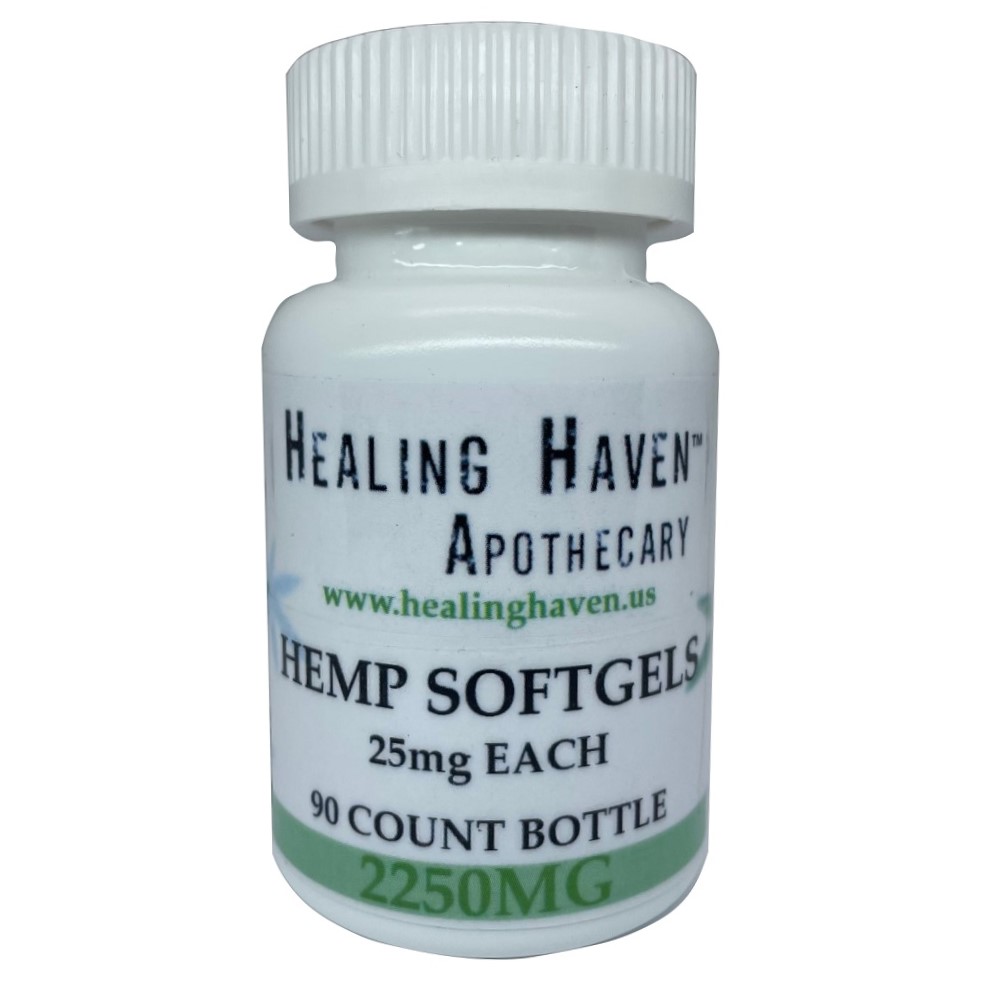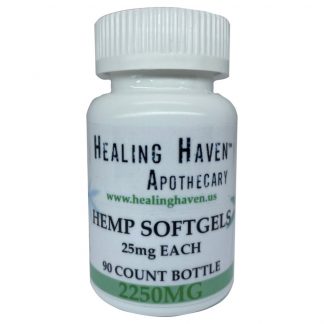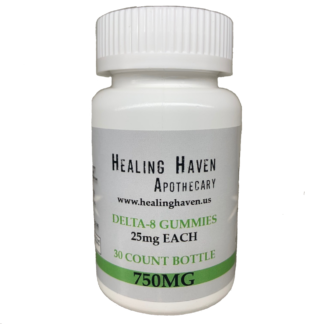
Hemp is a legal variety of the cannabis plant that contains less than 0.3% Delta-9 THC. Under the 2018 Farm Bill, hemp and its derivatives are federally legal in the U.S., leading to the rise of alternative cannabinoids like Delta-8 THC, THCP, THCA, and HHC.
These compounds are extracted or converted from CBD (cannabidiol) found in hemp and each offers unique effects and benefits—without the high levels of Delta-9 THC found in traditional cannabis.
Popular Hemp-Derived Cannabinoids
1. Delta-8 THC
- What it is: A milder analog of Delta-9 THC.
- Effects: Calming, mild euphoria, less anxiety and paranoia.
- Uses: Popular for stress relief, mild pain, and sleep support.
- Legality: Legal under federal law, though some states have restricted it. See state regulations.
2. THCP (Tetrahydrocannabiphorol)
- What it is: A rare and highly potent cannabinoid discovered in 2019. [Study: Discovery of THCP]
- Effects: Up to 30x stronger binding affinity to CB1 receptors than Delta-9 THC.
- Uses: Intense euphoria, strong body effects—best for experienced users.
- Legality: Technically legal if hemp-derived, but unregulated in many states.
3. THCA (Tetrahydrocannabinolic Acid)
- What it is: The raw, non-psychoactive precursor to THC.
- Effects: Non-intoxicating unless heated (which converts it to THC).
- Uses: Anti-inflammatory and neuroprotective potential. [Research on THCA]
- Legality: Legal in its raw form; decarboxylation may trigger controlled substance laws depending on your state.
4. HHC (Hexahydrocannabinol)
- What it is: A hydrogenated form of THC, first synthesized in 1947. [ACS Journal: Chemistry of HHC]
- Effects: Similar to Delta-9 with a more stable, shelf-stable structure.
- Uses: Popular for mood elevation, mild euphoria, and relaxation.
- Legality: Hemp-derived HHC is not explicitly banned federally, but some states are beginning to regulate it.
Are These Hemp Cannabinoids Safe?
While many users report positive effects from hemp-derived cannabinoids, the market is still evolving. Quality varies widely, and not all products are tested or regulated. Always:
- Buy from reputable brands with third-party lab testing.
- Start with low doses, especially with potent cannabinoids like THCP.
- Understand your state’s laws regarding specific cannabinoids. [Check your state laws]
Why Are Hemp Derivatives So Popular?
The growing interest in legal, hemp-based alternatives to Delta-9 THC is driven by:
- Accessibility: Federally legal and available in many states.
- Diversity: Each cannabinoid offers unique effects and benefits.
- Wellness Focus: Many products are marketed as natural ways to support mood, pain, and sleep.
Final Thoughts
The hemp plant is far more than just CBD. With emerging cannabinoids like Delta-8, THCP, THCA, and HHC, users now have a range of legal, effective options for exploring the benefits of cannabis—without crossing into federally restricted territory.
As always, do your research, check product lab reports, and consult a healthcare provider if you’re unsure how these compounds may affect you.
🔗 Sources:
- USDA Farm Bill Overview: https://www.usda.gov/farmbill
- NCSL Delta-8 Laws by State: https://www.ncsl.org/civil-and-criminal-justice/state-regulations-for-delta-8-thc.aspx
- Discovery of THCP: https://pubmed.ncbi.nlm.nih.gov/31947396/
- THCA Pharmacological Study: https://www.ncbi.nlm.nih.gov/pmc/articles/PMC5576607/
- HHC Chemistry Overview (ACS Journal): https://pubs.acs.org/doi/full/10.1021/acs.jnatprod.2c00880
- FDA Cannabis/CBD Regulation Info: https://www.fda.gov/news-events/public-health-focus/fda-regulation-cannabis-and-cannabis-derived-products-including-cannabidiol-cbd
- NORML State Cannabis Laws: https://norml.org/laws/





